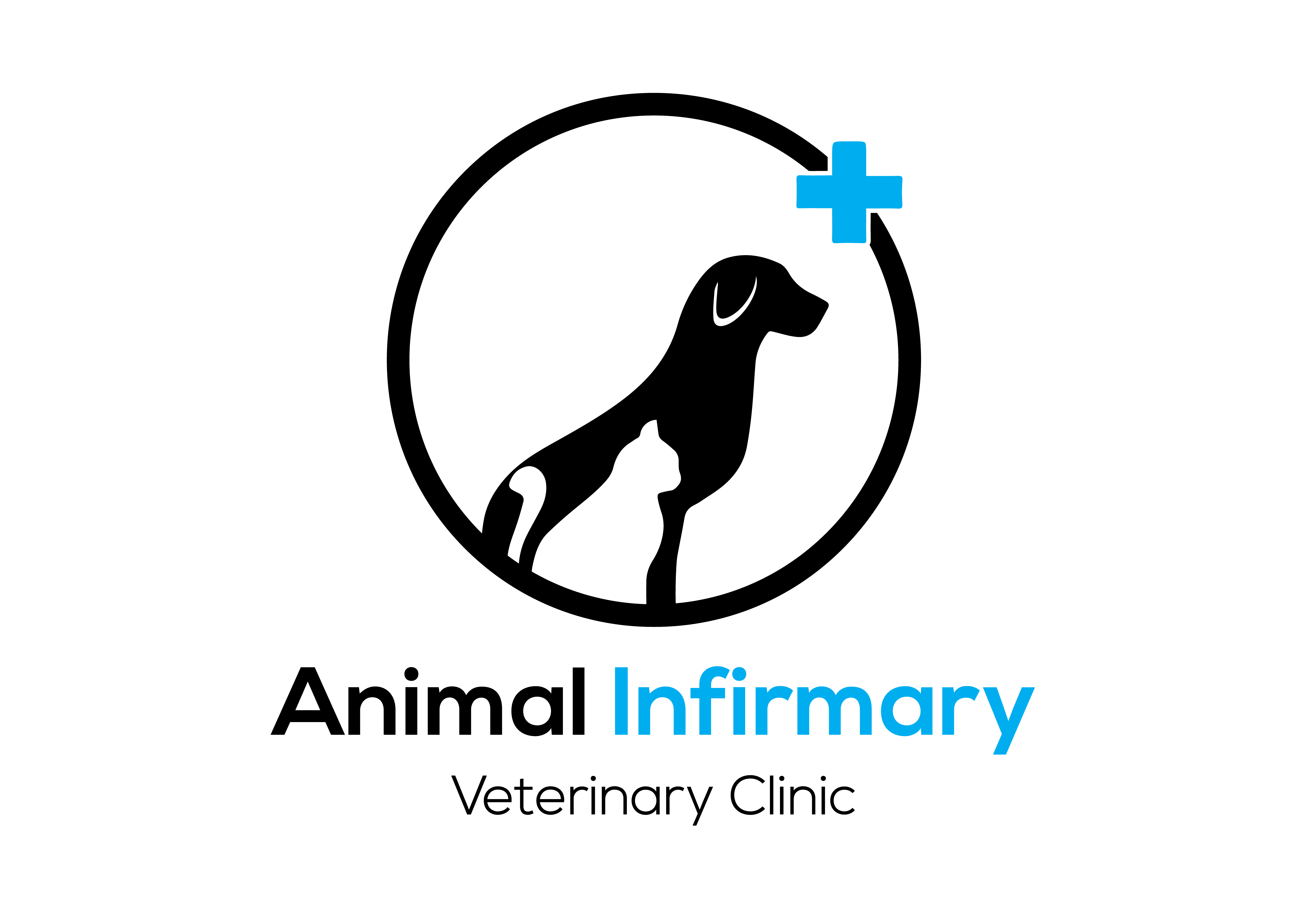Going to the vet repeatedly over several months for vaccinations, and then for boosters or titers throughout your dog’s life, may seem like an inconvenience, but the diseases that vaccinations willshield our pets from are dangerous, potentially deadly, and, thankfully, mostly preventable.The generally accepted guideline of the puppy vaccination schedule for the first year is as follows:
Age Recommended Vaccinations
8-12 weeks rDACPP + Lci
12-16 weeks rDACPP + Lci
16-20 weeks rDACPP + Lc

Types of diseases that can be protected with the vaccinations are as below:
Canine Distemper
A severe and contagious disease caused by a virus that attacks the respiratory, gastrointestinal (GI),and nervous systems of dogs, and other animals, distemper spreads through airborne exposure(through sneezing or coughing) from an infected animal. The virus can also be transmitted byshared food and water bowls and equipment. It causes discharges from the eyes and nose, fever,coughing, vomiting, diarrhea, seizures, twitching, paralysis, and, often, death. This disease used to be known as “hard pad” because it causes the footpad to thicken and harden.
There is no cure for distemper. Treatment consists of supportive care and efforts to prevent secondary infections, control symptoms of vomiting, seizures and more. If the animal survives the symptoms, it is hoped that the dog’s immune system will have a chance to fight it off. Infected dogs can shed the virus for months
Canine Parainfluenza
One of several viruses that can contribute to kennel cough.One of several viruses that can contribute to kennel cough.
Coronavirus
The canine corona virus is not the same virus that causes COVID-19 in people. COVID-19 is not thought to be a health threat to dogs, and there is no evidence it makes dogs sick. Canine corona virus usually affects dogs’ gastrointestinal systems, though it can also cause respiratory infections. Signs include most GI symptoms, including loss of appetite, vomiting, and diarrhea.Doctors can keep a dog hydrated,warm, and comfortable, and help alleviate nausea, but no drug kills corona viruses
Leptospirosis
Unlike most diseases on this list, Leptospirosis is caused by bacteria, and some dogs may show nosymptoms at all. Leptospirosis can be found worldwide in soil and water.It is a zoonotic disease,meaning that it can be spread from animals to people. When symptoms do appear, they can include fever, vomiting, abdominal pain, diarrhea, loss of appetite, severe weakness and lethargy, stiffness,jaundice, muscle pain, inferti lity, kidney failure (with or without liver failure). Antibiotics are effective, and the sooner they are given, the better
Adenovirus
Canine adenovirus type 2 causes respiratory disease in dogs and is one of the infectious agents commonly associated with canine infectious tracheo bronchitis, which is also known as “kennel cough”. Canine infectious tracheobronchitis is usually spread through coughing. Dogs that are around other dogs, such as at boarding facilities and dog parks, are at increased risk for infection
Adult dogs should be vaccinated once yearly to continue to protect them against all the diseases mentioned

